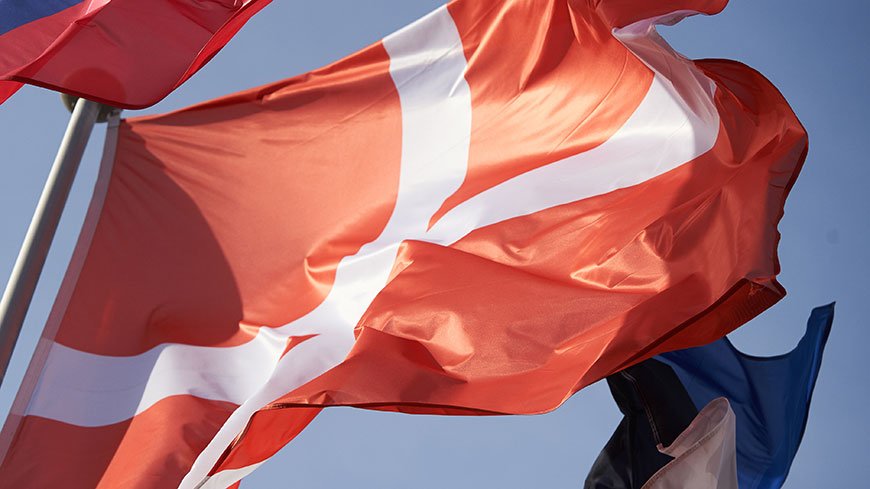Denmark Under Examined: European Court Challenges Housing Policy and Allegations of Racial Discrimination

The European Court of Justice (ECJ) will hear allegations about the controversial housing policy of the Nordic country, which detractors claim amounts to racial discrimination as Denmark faces a major legal challenge. Set for Monday, this case emphasizes ingrained conflicts in Denmark's approach to social policy and integration, particularly in view of its historically tight immigration policies.
The Danish government unveiled what it referred to as a "ghetto package," a broad project meant to change residential areas mostly occupied by minorities, in 2018 Under the scheme, social housing buildings will be destroyed to distribute occupants and encourage integration. Human rights groups and community people, who argue that the policy unfairly affects ethnic minorities and prolongs stigmatizing, have strongly objected to the proposal, nevertheless.
Denmark's classification of neighborhoods—which are labeled as "ghettos" if they satisfy particular criteria—a population of over 1,000 residents, with more than 50% being immigrants and their descendants from non-Western countries, coupled with additional factors relating to education, income, crime rates, and workforce participation—centered the core of the legal dispute. Critics argue that since the term "ethnic origin" often refers to people of color and supports negative preconceptions, its use in this context is intrinsically discriminating.
Initiated in 2020, this legal challenge was started by a group of Mjolnerparken, a mostly immigrant area of Copenhagen, inhabitants suing the Danish Ministry of Social Affairs following eviction under the new policy. Eddie Khawaja, their attorney, said the plaintiffs felt humiliated and offended by the language and connotations of being described as residents of "ghetto areas." "In daily conversation, in legislation, and in all political proposals surrounding this issue, they have been referred to in a negative manner," Khawaja said.
The demand of the Danish court for a preliminary hearing at the ECJ aims to provide clarity on whether the phrase "ethnic origin" covers people from a "non-Western" background and if such classification is really discriminatory. The decision of the ECJ might have major effects on not just Mjolnerparken residents but also the general framework of Denmark's immigration laws and housing regulations.
Denmark has always taken great satisfaction in effectively integrating immigrants, with high rates of language competency and employment among non-Western immigrants, but the reaction against the 2018 ghetto plan highlights a growing gulf. Critics contend that the government's strategy fosters animosity and division instead of unity, therefore undermining the very integration it aims to bring about.
Stakes are great as Denmark negotiates this challenging legal terrain. The final decision of the ECJ will not only decide the fate of the residents threatened with eviction but also set a standard for how European nations handle racial, ethnic, and social policy concerns in their housing policies. Once the ECJ decides, the matter will go back to the Danish court, which will be charged with implementing the decision in a way that might change the scene of minority inclusion in Denmark.
This continuous legal struggle in Denmark and around Europe reflects more general society issues on race, identity, and belonging. The result of this case could be felt outside Denmark's boundaries, impacting laws and practices all throughout the EU as the continent struggles with immigration and integration.













































